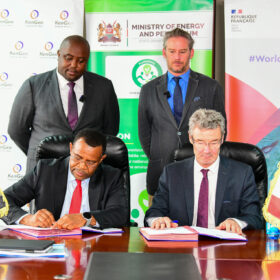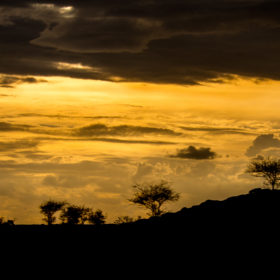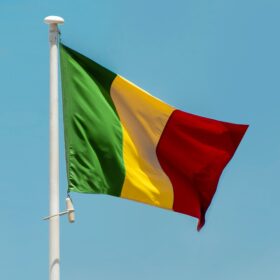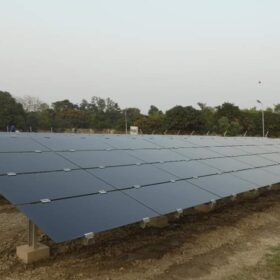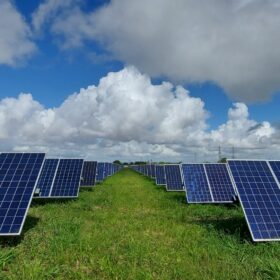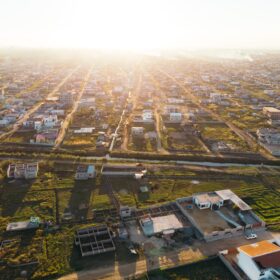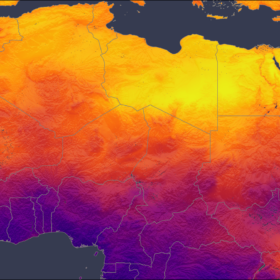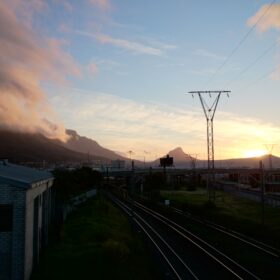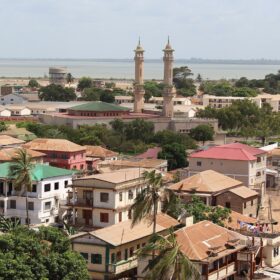France finances 42.5 MW power plant in Kenya
The French Development Agency has provided a confidential amount of financing for the construction of a ground-mounted solar power plant to be operated by Kenya’s national electricity company, KenGen, at the site of the Seven Forks dams, which together have a combined 600 MW of hydro power capacity.
Ethiopia inviting consultants for planned utility-scale PV project
State-owned utility EEP is looking for consultants to prepare a feasibility study that will encompass such key tasks as hydrology analyses, geotechnical and seismic investigations and assessments of meteorological conditions, solar resources and energy yield.
Amea Power switches on 26.6 MW solar farm in Burkina Faso
Amea Power has connected the Zina solar plant to the grid in Burkina Faso, to power the Mana gold mine in Mouhoun province.
Mali to build 200 MW of solar with Russian support
The authorities in Mali have revealed plans to build a 200 MW solar plant with backing from Russia.
Nigeria to deploy 250 MW of distributed solar
Nigeria’s Rural Electrification Agency is partnering with Husk Power Systems for interconnected minigrids and isolated minigrids, rooftop commercial and industrial (C&I) solar, productive use of energy (PUE) initiatives, appliance sales, and financing.
Globeleq acquires PV plant in Mozambique
Globeleq’s acquisition of the 41 MW plant significantly expands its renewable energy footprint in Mozambique. It also comes just weeks after the company began commercial operations at a 19 MW solar and 7 MWh storage project in Cuamba.
Developers seizing Mozambique solar opportunities despite instability
Mozambique government troops have grappled with an insurgency since 2017. Although this national security matter could deter foreign development and investment, the presence of independent power producers currently working in the region prove some companies do not deem it a risk, according to the head of the Africa Solar Industry Association (AFSIA).
Seasonal solar patterns present opportunity in North Africa
In a new weekly update for pv magazine, Solcast, a DNV company, explains that the climatology of Africa leads to very different seasonal generation patterns from what European solar producers experience. Data analysed by Solcast, via the Solcast API, shows this seasonal variance from summer to winter in 2023.
Infrastructure reform is key to accelerating Africa’s energy transition
In its latestt monthly column for pv magazine, the International Renewable Energy Agency explains that, in order to realize Africa’s vast potential, we must ensure there is adequate investment and infrastructure development to support renewable energy. In the coming years, this means urgently overcoming the structural barriers across three priorities: infrastructure, policy, and institutional capabilities.
Gambia launches tender to deploy 1,100 solar systems on public buildings
Gambia’s Sustainable Energy Services Company is launching a tender to install 1,100 PV systems, ranging from 2 kW to 240 kW in size, on 1,000 schools and 99 health facilities.
